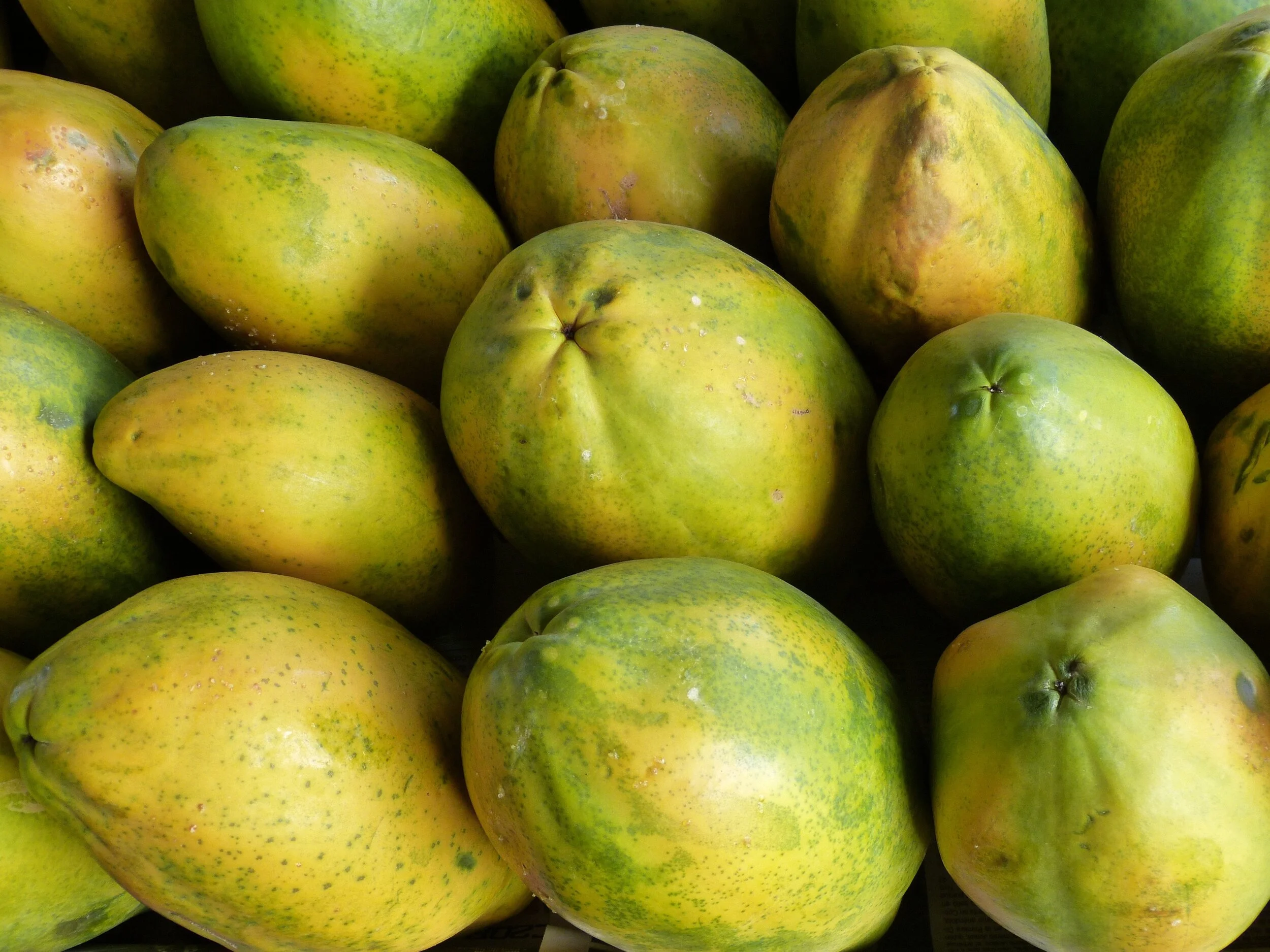In September 2010, USAID contracted SEGURA Consulting under the GBTI II IQC to conduct an assessment of the constraints to doing agribusiness in selected Central American and Caribbean countries.
Our project team carried out studies in Guatemala, Nicaragua, and the Dominican Republic. The methodology included semi-structured personal interviews, focus groups and agricultural producer surveys, as well as a review of literature pertaining to political, institutional, cultural, and other constraints to agribusiness in each country. SEGURA identified the predominant issues as lack of market access and competitiveness, weak to nonexistent essential government services (e.g., extension, research, and sanitary/phytosanitary inspections and certifications), limited access to credit, little knowledge and limited technology adoption among small producers, absence of clear land tenure, and inadequate infrastructure (i.e., road networks, energy supply, irrigation, and cold storage facilities). We also identified the impact of climate change as a major constraint.
SEGURA’s assessments included both operational and strategic recommendations for the individual USAID Missions to consider in the development of their short- to medium-term programs. SEGURA also prepared a cross-cutting report that compared and contrasted the findings of the three countries. The project was completed in early 2012 with a presentation of the cross-cutting report to USAID.
Client:
USAID
Years:
2010-2012
Technical Areas:
Monitoring, Evaluation, and Learning;
Competitiveness
Region:
Latin America and the Caribbean
Location:
Dominican Republic, Guatemala, Nicaragua



